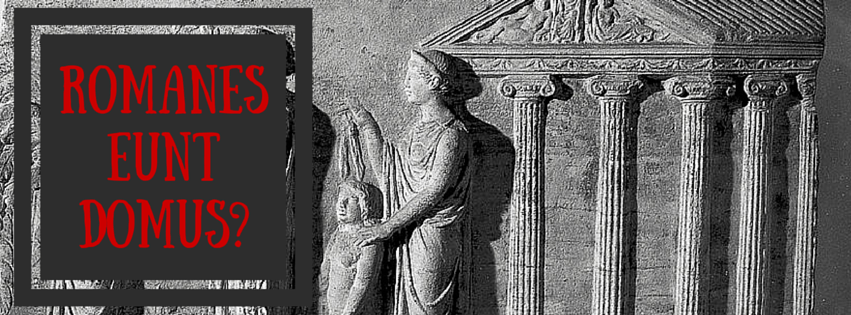Calculus is a good place to start. It's based on infinitesimals, so the original meaning of the word calculus - a little pebble used for counting - kind of makes sense. Calculus itself is a diminutive of calx, a more general term used to refer to limestone, chalk or occasionally other stone. It's quite strange that this one word gives us calcium and calcify on the one hand, then the mathematical calculus and calculate on the other.
Another Latin diminutive I've been using today is modulus. from modus (measure, manner).Modulus literally means "little measure" - I'm not sure why the little bit is necessary.Modus also gives us mode, both in the mathematical (average) sense and the more general sense, where it still preserves its original meaning, manner.
There's a huge list of other -us words in maths, and plenty of them are Latin. Here's a few I've found:
- Radius - staff or rod, but more usually spoke (such as in a chariot wheel), which gives an obvious link to radius as the measurement from the centre to the circumference.
- Annulus - another diminutive, this time meaning little ring. Used mathematically to refer to the area made between two concentric circles, but also used in relation to our yearly calendar (annular) and crops up when we do compound interest (per annum).
- Torus - swelling, bulge or cushion. Make the annulus into a 3 dimensional donut shape and you get a torus.
- Locus - place, spot or position. It's easy to see the connection to the mathematical topic about possible point positions - and the origin of the word location.
- Plus - more or in greater number, but interestingly not used originally to indicate addition.
- Rhombus - the Romans pinched this from Greek, where it meant spinning top, from a root verb that meant turn or twist. I like this one a lot - a rhombus is pretty much a square that's been "twisted" out of shape.
Have I missed any -us mathematical words? Drop me a comment below if you can think of any more.
(Image credit: wellcomeimages.org/indexplus/i..., CC BY 4.0, commons.wikimedia.org/w/index....)

 RSS Feed
RSS Feed

I've heard that "isosceles" and "scalene" both have their origins in the Latin (and prior to that, Greek) words for the skeleton.
There doesn't seem much evience for the later but "iso skeles" would translate as "equal legs".
Scalene appears to come from the Greek (and subsequenty Latin) word "skalenos" meaning "unequal".
On a different note, I'm curious as to why we say "quadrilateral" (very much Latin) rather than "tetragon", the Greek version. Anyone know why?